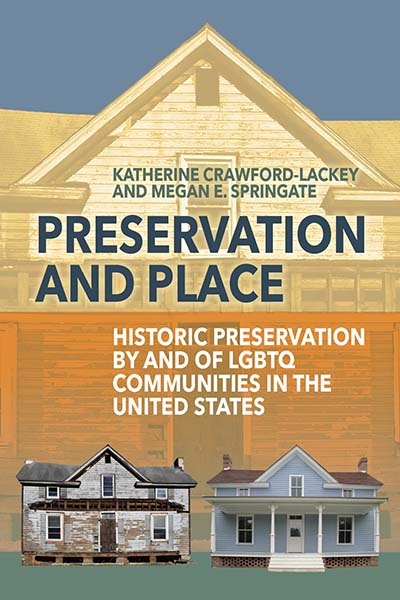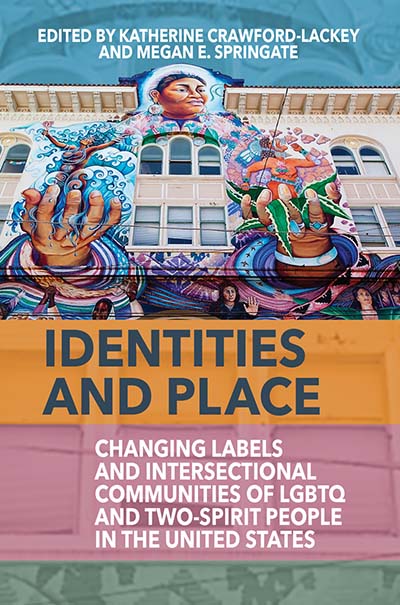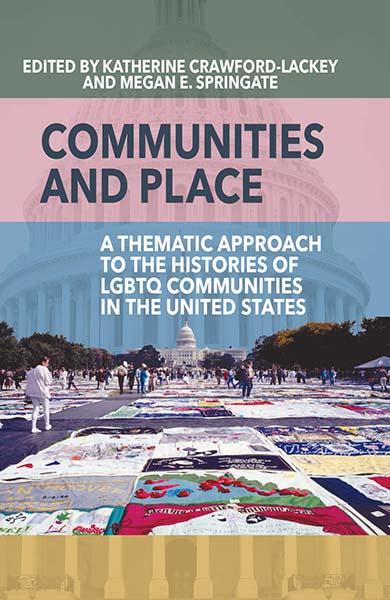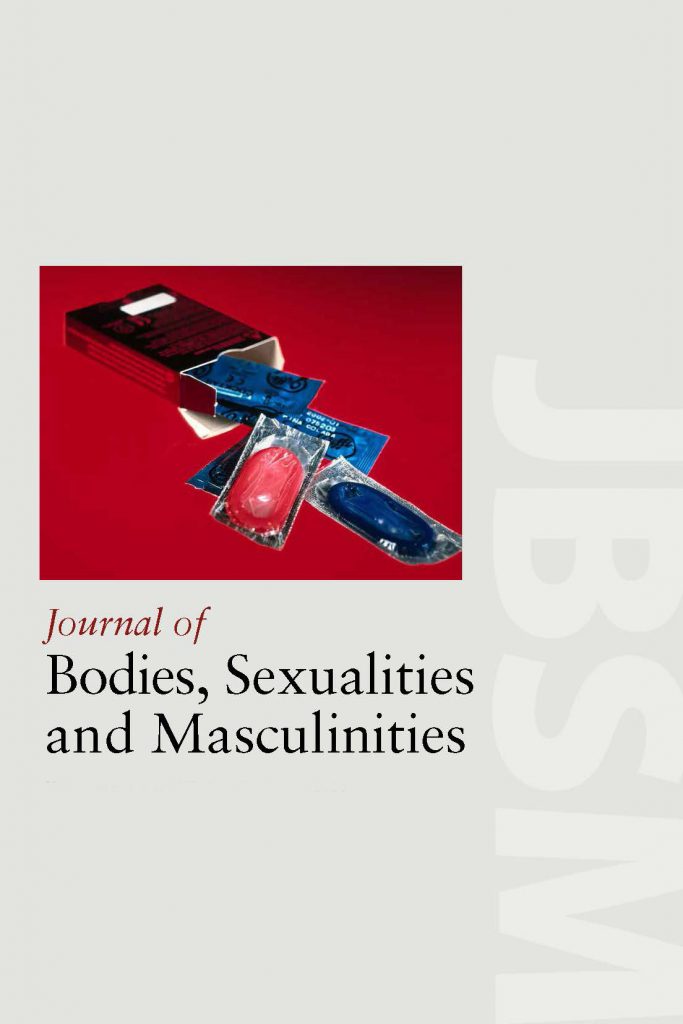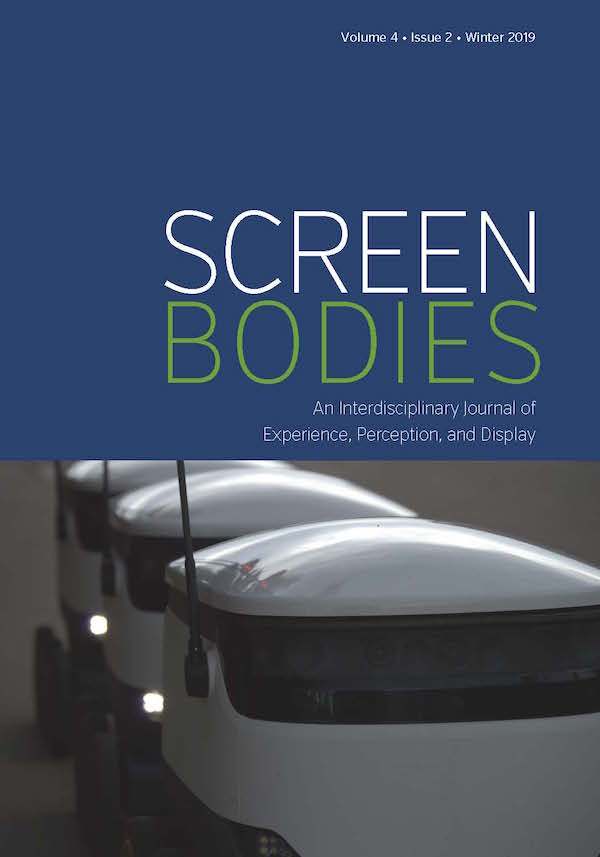On May 17th 1990, the World Health Organization decided to declassify homosexuality as a mental disorder. 14 years later, the International Day Against Homophobia, Transphobia and Biphobia was established to expose the relentless violence and discrimination experienced by lesbian, gay, bisexuals, transgender, intersex people and all other people with diverse sexual orientations, gender identities or expressions, and sex characteristics.
In commemoration of this day, we are featuring titles edited by Katherine Crawford-Lackey and Megan E. Springate that emphasize the history and preservation of two-spirit, lesbian, gay, bisexual, transgender, and queer settings in the United States. Browse the editors’ works below and read freely accessible excerpts by following the links.
Winner of the 2020 UMW Center for Historic Preservation Book Prize!
PRESERVATION AND PLACE
Historic Preservation by and of LGBTQ Communities in the United States
Significant historic and archaeological sites affiliated with two-spirit, lesbian, gay, bisexual, transgender, and queer history in the United States are examined in this unique volume. The importance of the preservation process in documenting and interpreting the lives and experiences of queer Americans is emphasized. The book features chapters on archaeology and interpretation, as well as several case studies focusing on queer preservation projects. The accessible text and associated activities create an interactive and collaborative process that encourages readers to apply the material in a hands-on setting.
Read Preface
IDENTITIES AND PLACE
Changing Labels and Intersectional Communities of LGBTQ and Two-Spirit People in the United States
With a focus on historic sites, this volume explores the recent history of non-heteronormative Americans from the early twentieth century onward and the places associated with these communities. Authors explore how queer identities are connected with specific places: places where people gather, socialize, protest, mourn, and celebrate. The focus is deeper look at how sexually variant and gender non-conforming Americans constructed identity, created communities, and fought to have rights recognized by the government. Each chapter is accompanied by prompts and activities that invite readers to think critically and immerse themselves in the subject matter while working collaboratively with others.
Read Preface
NEW!
COMMUNITIES AND PLACE
A Thematic Approach to the Histories of LGBTQ Communities in the United States
Lesbian, gay, bisexual, transgender, and queer (LGBTQ) people have established gathering spaces to find acceptance, form social networks, and unify to resist oppression. Framing the emergence of queer enclaves in reference to place, this volume explores the physical and symbolic spaces of LGBTQ Americans. Authors provide an overview of the concept of “place” and its role in informing identity formation and community building. The book also includes interactive project prompts, providing opportunities to practically apply topics and theories discussed in the chapters.
Read Chapter 1. Making Community: The Places and Spaces of LGBTQ Collective Identity Formation
Katherine Crawford-Lackey is a PhD candidate in public history at Middle Tennessee State University. She currently serves as a contractor with the National Park Service. Her research focuses on public commemoration and place-based history. She recently co-authored an article with Barbara Little, “Exploring American Places with the Discovery Journal: A Guide to Co-Creating Meaningful Interpretation” (The George Wright Forum).
Megan E. Springate works in the National Park Service Cultural Resources Office of Interpretation and Education. She currently serves as the National Coordinator for the 19th Amendment Centennial Commemoration for the NPS. Her edited volume, LGBTQ America: A Theme Study of Lesbian, Gay, Bisexual, Transgender, and Queer History (National Park Foundation and National Park Service, 2016) was awarded the 2018 Paul E. Buchanan Award by the Vernacular Architecture Forum.
Visit Berghahn’s archaeology page for more titles.
Berghahn Journals
Full access until June 30*
JOURNAL OF BODIES, SEXUALITIES AND MASCULINITIES
Editors:
Jonathan A. Allan, Brandon University, Canada
Chris Haywood, Newcastle University, UK
Frank G. Karioris, University of Pittsburgh, USA
The journal provides a venue for research on men’s sexualities and all of their complexities – temporal, medical, geographic, cultural, ethnic, legal – by welcoming submissions from the social sciences, humanities, life sciences, and health studies that are theoretically rigorous, methodologically sound, and draw on interdisciplinary approaches. The journal not only reports cutting edge empirical research findings, but is committed to providing an avenue for theoretically-driven and conceptual articles that offer new theoretical, methodological and empirical insights.
The inaugural issue is freely available until June 30!
SCREENBODIES
An Interdisciplinary Journal of Experience, Perception, and Display
Editor: Brian Bergen-Aurand, Bellevue College, Washington
Screen Bodies is a peer-reviewed journal focusing on the intersection of Screen Studies and Body Studies across disciplines, institutions, and media. It is a forum promoting research on various aspects of embodiment on and in front of screens through articles, reviews, and interviews. The journal considers moving and still images, whether from the entertainment industry, information technologies, or news and media outlets, including cinema, television, the internet, and gallery spaces. It investigates the private experiences of portable and personal devices and the institutional ones of medical and surveillance imaging. Screen Bodies addresses the portrayal, function, and reception of bodies on and in front of screens from the perspectives of gender and sexuality, feminism and masculinity, trans* studies, queer theory, critical race theory, cyborg studies, and dis/ability studies.
Current Issue
Investigation, Examination, Control, and Anxiety (Vol. 4, Issue 1)
*To help you overcome the challenges many of you are facing in teaching and researching outside of your universities, we have made all Berghahn journals available to access until June 30. View full COVID-19 updates

